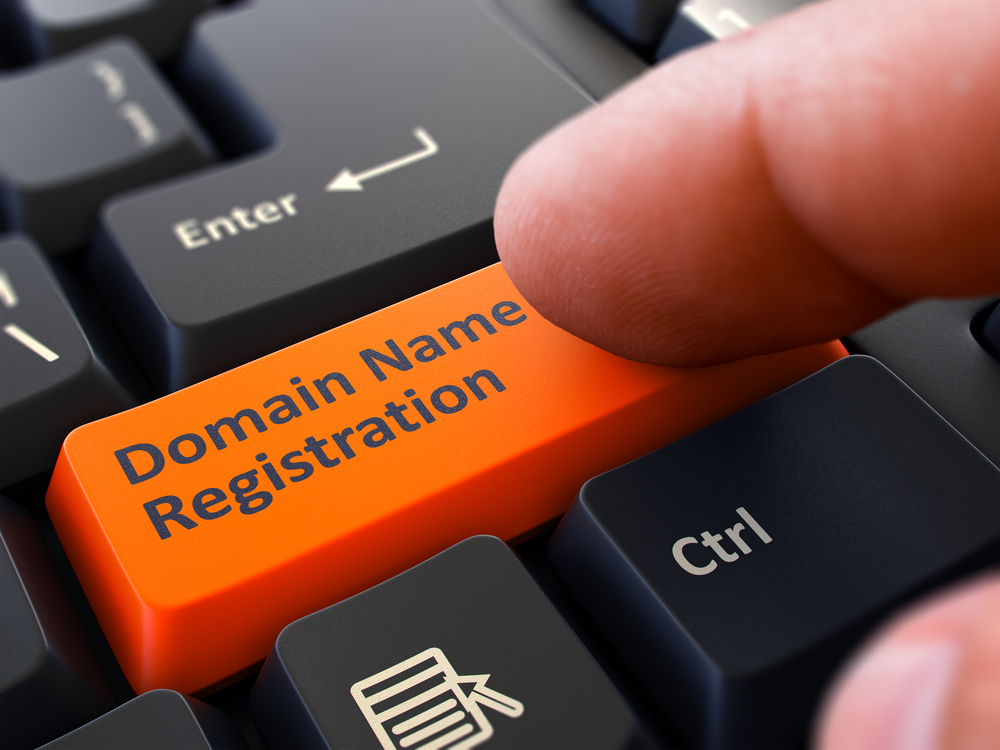Domain names are addresses that direct
internet users to a particular website. It is the website name, it helps to find
or identify computers users on the internet, it usually consists of strings of
letters of number in combination or just words, it usually ends with extensions
such as; .com, .in, .net and the likes of these. A domain name must be registered
so that it be it can be used, the process of its registration may so sometimes
cost some dollars.
Unfortunately though, some disputed domain
names can sometimes accidentally registered between a registrant and a trademark
holder, which often result in extreme clashes between both parties, it might be
also that it was intentionally done so as to extract Money from the trademark holders,
or a company or trademark holder may at some point in time want to sell them
domain name especially if it will yield large financial returns, or it may be in
exchange for large charitable donations or even by cybersquatting Lose them a domain name, as was true in the case of “McDonald.com”, so whatever may be the
cause of such domain name dispute, the following can be done or consider in the
process of resolving such domain name disputes:
Ø The use of the anti-cybersquatting law which now exists in so many
countries since 1999, this law can help prevent the buying of the domain by
opportunist owners. This law now serves as a legal framework for protecting
against Cybersquatting and opportunist owners.
Ø The user of the paperwork for the particular domain name. This means
that the owner of a particular domain name has the trademark for the phrases or
words used in the domain name, using this, a particular panel or legal Body can
decide easily on the right owner depending too on whether the registrant was
acting in good or bad faith. A registrant acting in bad faith might be that the
registrant did one or more of the following; wanted to create or cause economic
inconveniences for the company or brand
by purchasing the domain name, wanted to cause damages on the Longstanding the reputation of an entity or business by publishing harmful information on the domain name wanted to use the domain name in an unwholesome competition with
other companies domain name wanted to create online chaos for those looking
for a legitimate business address or domain name, the history of the registrant
pertaining to domain names will also be considered i.e if the registrant has a
history of illegitimate purchases of domain names. But If the deeds were done in
good faith, it might likely be that; there was a genuine reason for purchasing
the domain name, the purchase was done under the fair use Policy, it was
purchased for a non-commercial venture with a legitimate claim to the words or
phrases in the domain name. After considering these and other parameters, the
given dispute resolution panel might be able to settle the domain name dispute
If this panel is not able to fully resolve the domain name dispute, the use of court in settling the dispute becomes an
option. Here the of trademark laws will prove to be a viable and suitable means
of settling domain name dispute. A company with a trademark word or phrase has
an exclusive right to use the domain name, most countries today have an
additional laws protecting a company trademark as used in their domain name.
Most of these countries share the WIPO rules or Just their own internal law.
Some these bodies or means that oversee issues involving domain name include:
v The UDRP(uniform domain name dispute resolution policy), this body was
initiated by the arbitration and mediation centre of world intellectual
property organisation. These bodies oversee any dispute related to the following
extensions of a domain name; .com. net , .mob ,.biz, .info, .name, .org
A complainant in the UDRP
proceedings have to present three essential documents to proceed; the domain
name, proof of ownership of the domain name and evidence of good Faith.
The goal of the UDRP is to
make it easier to settle issues involving domain names quickly so as not to
involve the court
v The countries own internal rules and law pertaining to the domain name
disputes resolution, a county's resolution organisation can be recognised by the
use of the initials for the extension of their websites









